

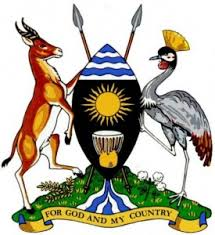
Ministry of Water and Environment, Government of Uganda

Mountains are important towers supplying drinking water to communities and cities everywhere in Uganda. Furthermore, mountain ecosystems in Uganda constitute important biodiversity hotspots hosting some unique biodiversity dwelling in increasingly fragile montane environments. In this regard, the Ministry of Water and Environment in Uganda has much vested interest in promoting sustainable mountain development in the country to allow mountain services keep flowing. Uganda is a member of the Mountain Partnership since 2012 and it indeed the first ever Regional Mountain Partnership meeting was held in Mbaale in 2011. Recently, a national Mountain Stakeholders' forum has been established and the country continues to work hard towards achieving sustainable mountain development.
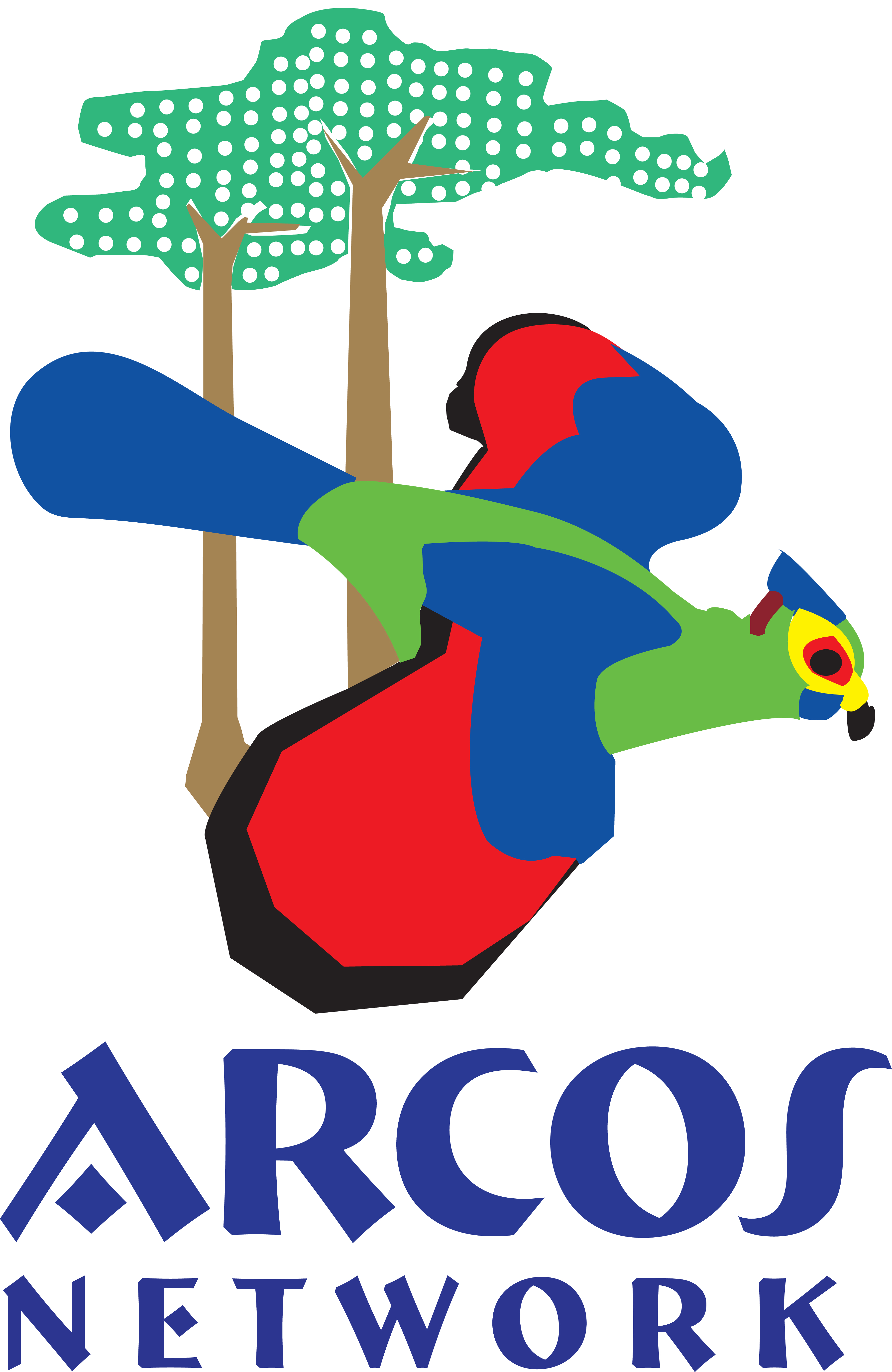
Albertine Rift Conservation Society

ARCOS is a regional conservation not-for-profit organization established in 1995 with the mission to enhance biodiversity conservation and sustainable management of natural resources in the Albertine Rift region through the promotion of collaborative conservation action for nature and people. ARCOS is a member of the Mountain Partnership and on 20th February 2013, ARCOS hosted the 3rd African Mountain Partnership regional meeting, a meeting during which the African Mountain Partnership Champions Committee was established and ARCOS was elected to host the secretariat. ARCOS coordinated the development of the Africa Mountain Partnership Work Plan2013-2015 that aims to promote sustainable mountain development in Africa through networking, information sharing, advocacy, promoting research and community benefits from mountain ecosystem services. With funding support from the Swiss Agency for Development and Cooperation (SDC) under its Sustainable Mountain Development for Global Change (SMD4GC) programme, ARCOS is currently coordinating this programme in Africa, which involves a number of SMD related activities among which the first African Regional Mountains Forum was organized in 2014.

The Mountain Partnership

The Mountain Partnership is a United Nations voluntary alliance of partners dedicated to improving the lives of mountain people and protecting mountain environments around the world. It is a type II partnership established in 2002 during the World Summit on Sustainable Development in Johannesburg. Mountain Partnership Members are countries and organizations that envision a world with increasing public and private sector commitment, engagement, and investments in sustainable mountain development(SMD) that significantly improve the social and economic well-being and livelihoods of people, empower people in mountain ecosystems to be fully engaged in the decision-making processes that determine the future of mountain communities and ecosystems, and maintain and enhance the health and vitality of mountain ecosystems for their inherent value and for sustainable human benefits.
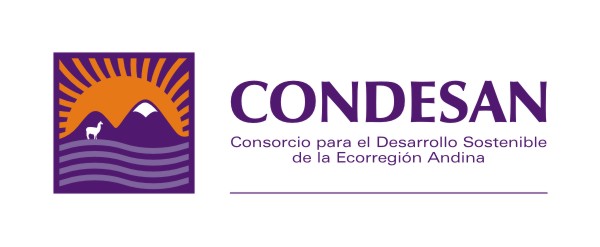
Consorcio para el Desarrollo de la Ecorregión Andina

CONDESAN is a regional NGO from the Andean region. It has recently played a key role in the reform and re-orientation of the Mountain Partnership and the Mountain Forum and is a key player in promoting SMD at all levels in South and Central America. CONDESAN co-hosted the second World Mountain Forum which was held in Cusco, Peru in 2014. CONDESAN was created in February 1993 as a platform to promote research for development along the Andean region inspired by the Agenda 21 of the Rio 1992 Earth Summit. Since then, CONDESAN has worked with more than 500 organizations (research centres, NGOs, Governmental agencies and international cooperation organizations) in more than 200 projects that mobilized around 2000 researchers in different capacities to bring innovative approaches to the issues impacting Andean people’s livelihoods and their natural capital. After 20 years, the collective action coordinated by CONDESAN is still required to integrate and synthesize knowledge, to promote policy dialogue, to connect new knowledge with decision-making processes at multiple scales (local, sub-national, national and regional), and to strengthen the capacities of key stakeholders.
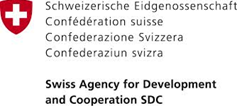
Swiss Agency for Development and Cooperation (SDC)

The Swiss Agency for Development and Cooperation (SDC) is an office-level agency in the federal administration of Switzerland, and a part of the Federal Department of Foreign Affairs. Climate change, agriculture and food security as well as water being one of the themes of focus for SDC, the Agency recently launched the Sustainable Mountain Development for Global Change (SMD4GC) programme, a programme with the goal to contribute to SMD under uncertain changes in climatic, environmental and socio-economic conditions, focusing on poverty and risk reduction. Under this programme, SDC supports SMD-related events such as the World Mountain Forum (WFM) held biennially and regional forums to discuss issues that are relevant to SMD and provide stakeholders with a platform to exchange, network, and devise solutions.
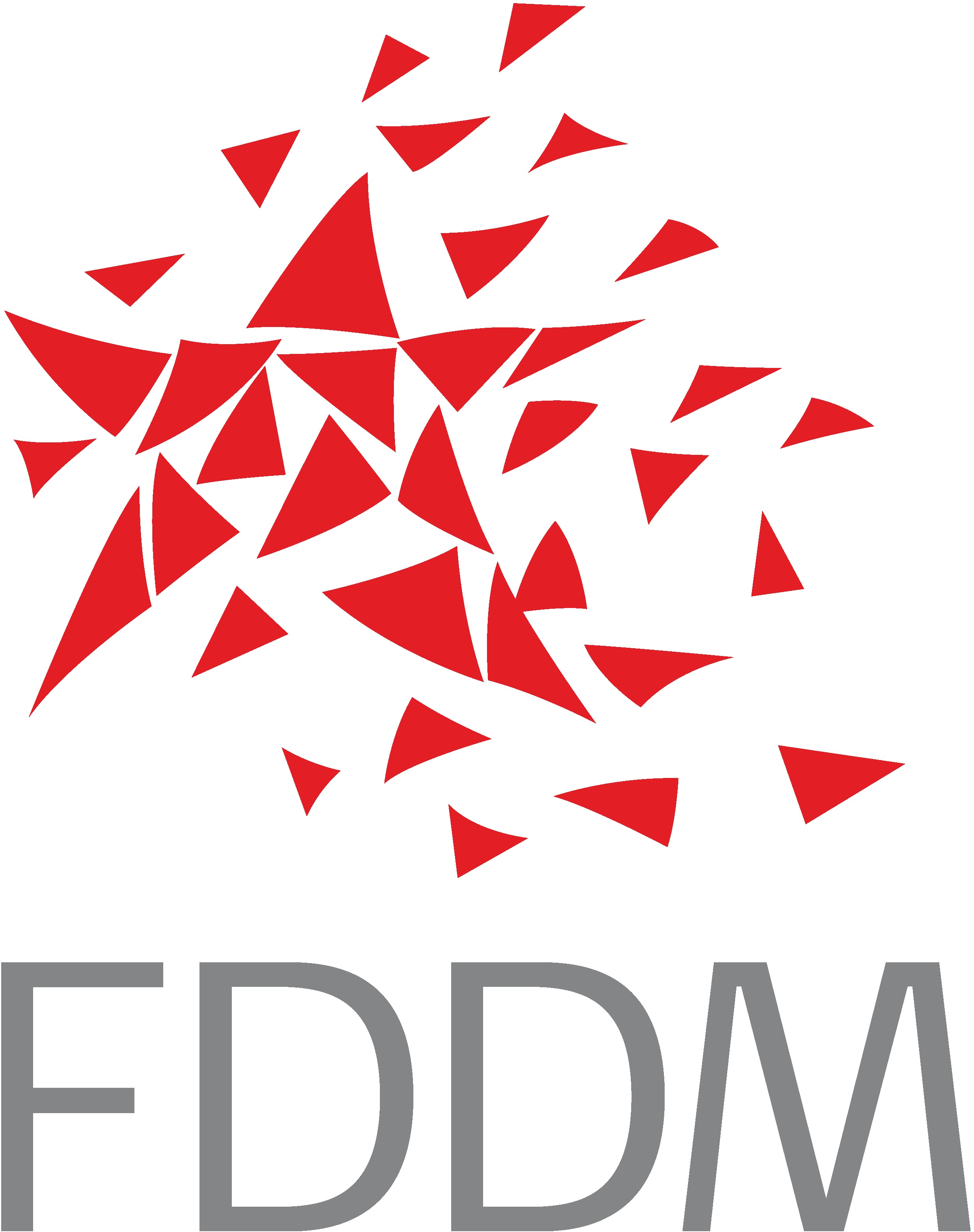
Fondation pour le Développement Durable de Montagne

FDDM is a body designated by the canton of Valais and the city of Sion to enforce the charter on sustainable development voted by the cantonal government in 1998. It aims to promote, support and valorize projects on sustainable development in mountainous regions in Valais, Switzerland and abroad, especially projects leading to an improved quality of life for the inhabitants of these regions. FDDM tends to foster reflection among environmentalists, economists, politicians, and social and cultural planners on the necessity of integrating the issue of sustainable mountain development into their agendas. This policy dialogue is developed with the active participation to associations such as Coord 21 (which coordinates all Agenda 21 in the French part of Switzerland) or the « plateforme romande énergie-environnement » (which gathers the representatives of sub-national environmental departments in the french part of Switzerland).
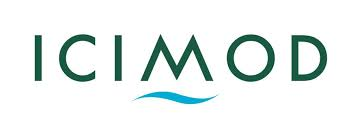
International Centre for Integrated Mountain Development

ICIMOD is a regional centre of excellence covering the Hind-Kush-Himalaya mountain ecosystems in South-East Asia. ICIMOD’s mission is to enable sustainable and resilient mountain development for improved and equitable livelihoods through knowledge and regional cooperation. It aims to serve the region through information and knowledge generation and sharing to find solutions to critical mountain problems. It connects science with policy and practice and provides a regional platform where policymakers, experts, planners, and practitioners can exchange ideas and perspectives to foster Sustainable Mountain Development. ICIMOD believes in a future in which the Hind-Kush-Himalaya region’s mountain people can experience enhanced livelihoods, equity, and social and environmental security; in which they can adapt to environmental, socioeconomic, and climate change; and in which generations of mountain and downstream populations can enjoy the benefits and opportunities afforded by the region’s natural endowment. ICIMOD is a strong player in Sustainable Mountain Development and is a member of the mountain Partnership where it sits on its steering committee. It will co-host the 4th World Mountain Forum planned in year 2018.

Univeristy of Bern

The University of Bern, through the Institute of Geography (GIUB), has a history of over 40 years in mountain research and development, both in Switzerland and abroad. In SMD4GC programme, this engagement is represented by the Centre for Development and Environment (CDE) and the Mountain Research Initiative (MRI) at the University of Bern. Both CDE and MRI have provided Swiss expertise and experience into mountain research and development in countries of the global East and South by initiating programmes and actions at local, regional and global levels for SMD, facilitated South-South and South-North exchange, and established a global network of partners and allies.
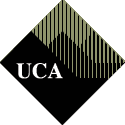
University of Central Asia (UCA)

The Mountain Hub of the Mountain Societies Research Institute (MSRI-MH) under UCA was set up since 2010 and since then it has mobilized and coordinated the action-oriented regional network consisting of a core group of about 30 leading mountain-related organizations and governments representing seven countries of the post-Soviet space. With its relatively short existence, the MSRI-MH has been serving as a focal point for inter- and intra-regional cooperation and linkages, supporting institutional capacity building processes for mountain stakeholders by sharing knowledge and experiences, and enhancing the voice of the region at the global level. The MSRI-MH very actively promotes Sustainable Mountain Development (SMD) in Central Asia at various scales and levels. It has mobilized key regional stakeholders and formed a critical mass of SMD practitioners and working relationships have been established at the governmental level with the Republic of Altai and Kyrgyzstan. The hub has now become a network of networks bringing together national networks of mountain villages, mountain niche product producers and mountain farmers and women self-help groups in 7 countries of the post-soviet sphere. This group of key stakeholders is advancing actively the mountain agenda at both policy and practical levels by working collaboratively in integrating mountain agenda into national priorities of coping with climate change; green economy and sustainable development and sectoral policies. Furthermore, the MSRI-MH is and was involved in facilitating and pushing cross learning, knowledge and know-how passing among regional stakeholders and linking initiatives and organizations to potential funders and other regions for joint activities.
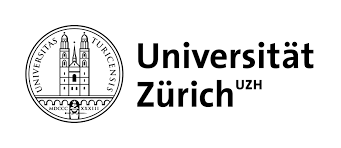
Univeristy of Zurich (UZH)

UZH's Department of Geography (GIUZ) has a long-standing track record of research on
glaciers, permafrost and geomorphodynamic processes in mountain environments. In addition to fundamental research on mountain systems, a strong component is the interdisciplinary and integrated analysis of climate change, impacts and related
risks in mountain environments and the related development of adaptation measures on the one hand, and monitoring activities (host of the World Glacier Monitoring Service, WGMS) on the other hand. The WGMS coordinates the worldwide collection of standardized glacier data in order to quantify and assess the rate of glacier changes. As such it provides base data for future glacier and climate change projections and for assessing impacts on the environment, the economy and on the society. The WGMS maintains a well-established scientific network of local investigators and national correspondents in all the countries involved in glacier monitoring, and is in charge of the Global Terrestrial Network for Glaciers.
Through fundamental scientific research and the worldwide glacier monitoring on the one hand, and programmes at the science-policy interface on the other hand, important knowledge and expertise with regard to SMD have been achieved and might be summarized in the following main categories:
i) Method development, generation and analyses of baseline data and dedicated knowledge (mainly in climatology, glaciology, hydrology and human dimensions including perception and vulnerability; e.g. Cusco/Apurimac, Peru);
ii) Initiation and support of monitoring and research activities in partner countries (e.g. glacier, climate and risk monitoring in the Cordilleras Vilcanota and Blanca, Peru; Cordillera Central and national level Colombia, Ecuador, Kyrgyzstan, Northern Caucasus, Indian Himalayan States);
iii) Design and implementation of risk reduction strategies, in particular early warning systems, incl. technical, institutional and social dimensions (e.g. Ancash and Cusco, Peru);
iv) Capacity building at the academic and stakeholder level (e.g. postgraduate courses such as Diplomados in Peru; or glaciology course in India; CATCOS summer school);
v) Joint scientific publications and policy
briefs; and
vi) International exchange and collaboration (e.g. Foro Internacional Glaciares, Peru).